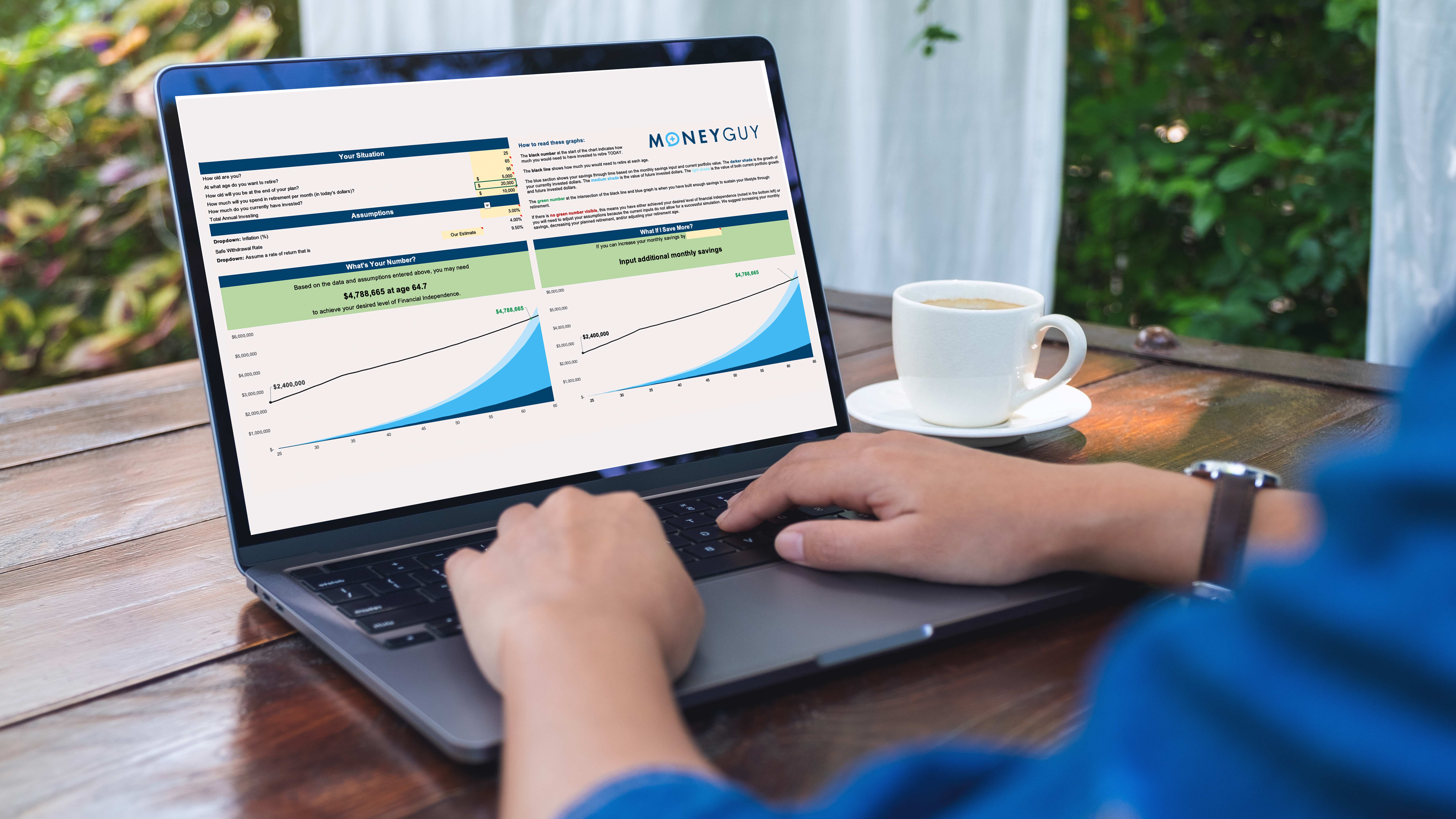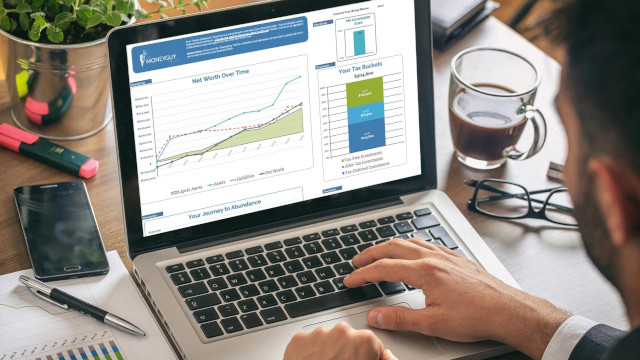
Change your life by
managing your money better.
Subscribe to our free weekly newsletter by entering your email address below.

Subscribe to our free weekly newsletter by entering your email address below.
I want you to consider this week’s show ‘Basic Training‘… boot camp, if you will. The reason for this is because smart consumers, nay elite consumers, can make their money go about 5% – 15% farther than the general population. It doesn’t take an economist or a mathematician to realize how valuable this can be over the long term. Throw in the state of the economy over the past 18 months, and the benefit of stretching your dollars is even more significant!
As you listen the show I walk you through my time tested method of being a conscious consumer and a savvy saver. And, while it may not be as easy as walking into a store and simply making a purchase, I have no doubt that if you employ these strategies it will really start to add up!
STEP 1: Find The Best Deal
I fully believe that finding a great deal requires a specific skill set. Just like professional fisherman have a knack for finding that ‘monster’ of a catch, great consumers can have a knack for finding that ‘monster’ of a bargain. While I can’t teach you to have that penny-pinching second nature, I can provide you with the best tools out there to either (1) save yourself on the sale price or (2) get yourself some FREE money back. Listen out for these awesome sites you can use as a resource:
STEP 2: Don’t Leave Money On The Table
If you’ve listened to some of my more recent shows, you have no doubt heard me talk about rewards credit cards out there that (for now) allow you to earn a significant amount of cash back on everyday purchases such as eating out, grocery stores, and even putting gas in your car. If these are purchases you are going to make anyway, why not get anywhere from 1% – 3% back?
Currently, Microsoft and Google are in a war for market share. When mega-corporations like this battle to be the top dog, do you know who the ultimate benefactor is? If you guessed the consumer, you are absolutely right! Right now, in an attempt to really edge out the competition, Microsoft is essentially ‘paying to play’ by offering great cash back rewards for individuals who purchase products through Bing.com.
Another amazing resource is UPromise.com. UPromise is a service that allows individuals to save for college by automatically making cash back contributions to 529 educational savings accounts. All you have to do is register your credit cards or grocery cards, then, whenever you make an eligible purchase or buy an eligible product, anywhere from 1% – 5% is contributed to your child or grandchild’s college savings account. 100 bucks here and there over 17 or 18 years can really start to make a difference! UPromise is great for online purchases, grocery shopping, and even dining out! You would be surprised how many retailers and restaurants are willing to partner with UPromise. Check out their website for specifics and more information.
STEP 3: The Art Of The Negotiation
Remember that you are the consumer! In other words, you are the ‘demand’ side of the equation and retailers are the ‘supply’ side of the equation. Make them earn your business by offering competitive pricing. If you see a better price in a sales ad or circular, take that ad into you local brick & mortar and ask them to at least match the price. You may be surprised at how willing they are!
Another great way to negotiate is to leverage the deals on the internet at your local retailer. Make sure, however, that you do this during the initial purchase rather than after the fact because many price match policies have a specific exclusion for online sites.
Finally, use the appropriate credit card to protect your purchase and ensure that you get the best deal! Since Discover is offering 5% back on all travel (hotels, gas, and theme parks), you may want to use your discover card to book your next trip rather than using your Visa.


Financial Order of Operations®: Maximize Your Army of Dollar Bills!
Here are the 9 steps you’ve been waiting for Building wealth is simple when you know what to do and…
View Resource
Tax Guide 2023
Updated for 2023! Ever wonder what the highly trained professionals use to tax plan? Wonder no more! We’ve assembled the…
View Resource
Financial Order of Operations®: Maximize Your Army of Dollar Bills!
Here are the 9 steps you’ve been waiting for Building wealth is simple when you know what to do and…
View Resource
Are We Financial Misers for Investing 60% of Income in Your Mid-20s?
Read MoreWhy Are Credit Card Interest Rates So High?
Read MoreIs Cash Now Trash Again? Federal Reserve Signals Intent to Lower Rates
Read More

How about more sense and more money?
Check for blindspots and shift into the financial fast-lane. Join a community of like minded Financial Mutants as we accelerate our wealth building process and have fun while doing it.




It's like finding some change in the couch cushions.
Watch or listen every week to learn and apply financial strategies to grow your wealth and live your best life.
Subscribe to our free weekly newsletter by entering your email address below.